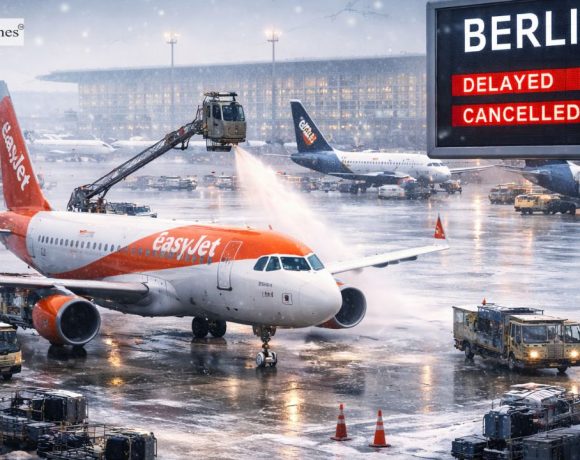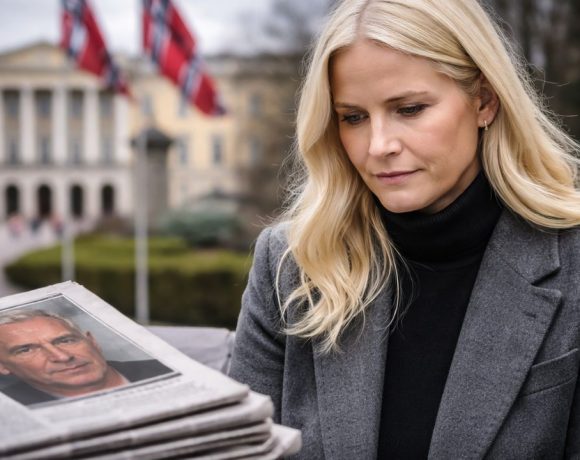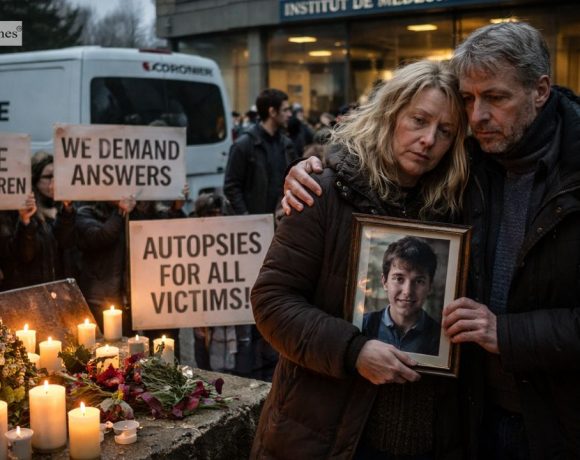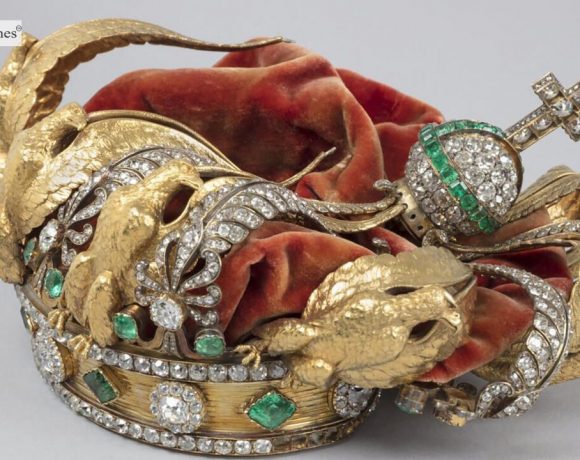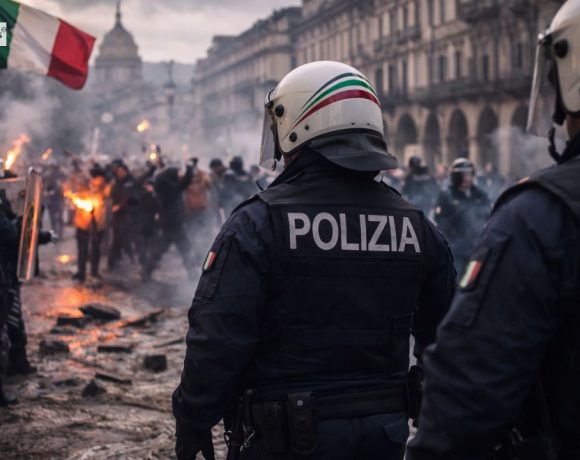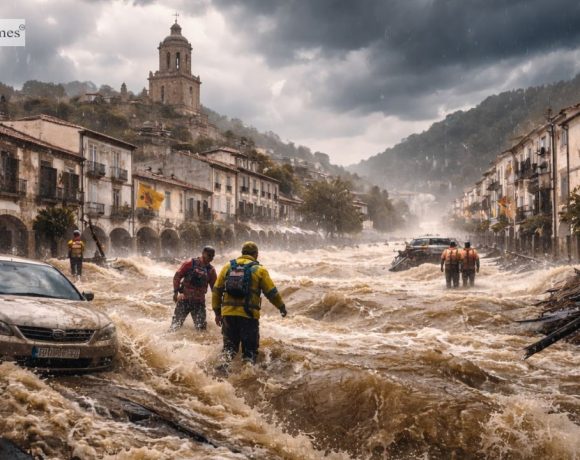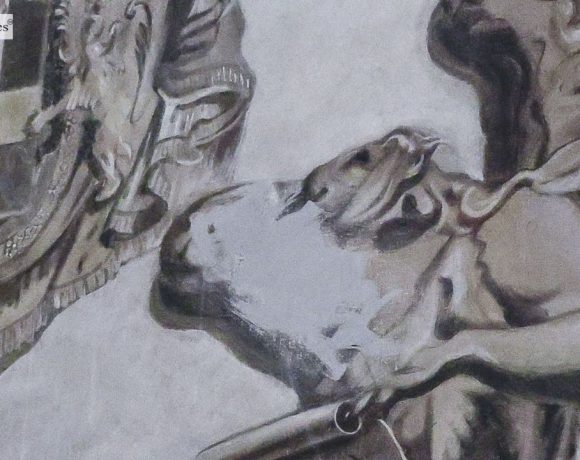
Weeks of persistent wet and cold weather have caused widespread disruption across Europe and north-west Africa. Storm Leonardo forced the evacuation of hundreds of thousands of people in Spain, Portugal, and Morocco, with emergency services and the military assisting residents. In Portugal, the government extended a state of emergency as heavy rain continues, while Storm Marta is expected to bring additional rain, strong winds, and mountain snow to the region.
Southern Europe has experienced record rainfall, with areas like Grazalema in Spain receiving 672mm in just 36 hours, nearly equal to London’s annual rainfall. Flooding has closed over 100 roads and disrupted high-speed rail services, while north-west Africa has seen severe rain and evacuations, especially in Morocco, where more than 140,000 people have been displaced due to overflowing rivers and full dams. Authorities continue to warn residents in flood-prone regions to leave immediately.
Meanwhile, Scandinavia and the Baltic have been gripped by extreme cold due to a persistent high-pressure system over the region. Lithuania recorded -34.3°C, while northern Sweden experienced its second coldest January on record. This high-pressure area has blocked milder Atlantic weather, leading to ongoing floods in southern Europe and freezing temperatures in the north. The pattern is expected to continue, with the possibility of cold air spreading further west, bringing frost, ice, and snow to other parts of Europe.
Pic courtesy: google/ images are subject to copyright


